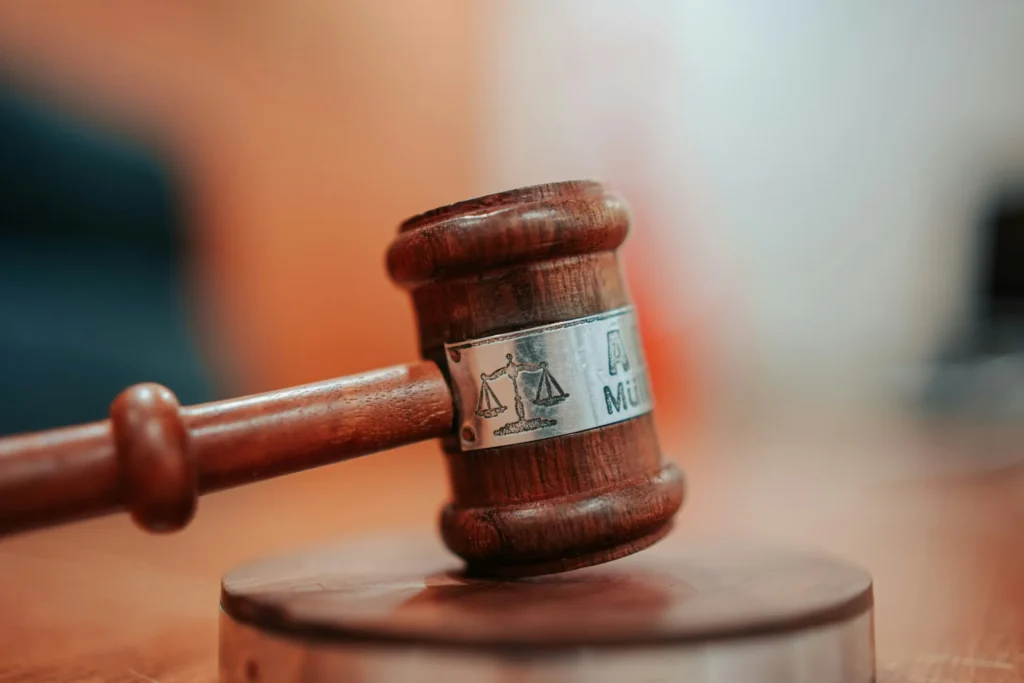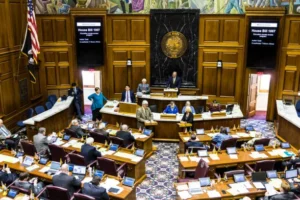The Alaska Legislature prioritizes energy issues again this year, including efforts to address Cook Inlet’s natural gas shortage. Incoming House Speaker Bryce Edgmon announced potential follow-up legislation to modernize the Railbelt’s utility systems during resource forums.
House Bill 307 passed last year established a unified transmission system and incorporated renewable energy sources into Alaska’s energy portfolio. Federal funding of hundreds of millions of dollars will aid energy diversification and infrastructure upgrades across the state.
Royalty relief for Cook Inlet producers will likely resurface after falling in the last legislative session. Representative Andy Josephson emphasized reconsidering reduced royalties, arguing the minimal cost would outweigh the potential benefits.
However, lawmakers remain cautious due to past issues with expensive state subsidies for Cook Inlet operations. Incoming House Majority leader Chuck Kopp highlighted the mining industries’ need to overcome permitting delays amid global shortages of essential minerals.
Senate President Gary Stevens urged more excellent representation from the seafood industry at the legislative forums. The Alaskan seafood sector faces significant challenges, and Stevens is leading a task force dedicated to its recovery.
“My charge to you is, for God’s sake, represent resources, not just oil and gas, not just mining, but fisheries is extremely important,” stated Stevens. Budget discussions remain contentious, with Senator Jesse Bjorkman advocating prioritizing infrastructure and public services over inflated Permanent Fund dividends.
Governor Mike Dunleavy’s proposed budget includes a $3,800 dividend per resident and a projected deficit of $1.5 billion. Energy and resource development will dominate discussions as lawmakers seek solutions that balance Alaska’s fiscal realities.
This news article was originally published by Alaska Beacon.










